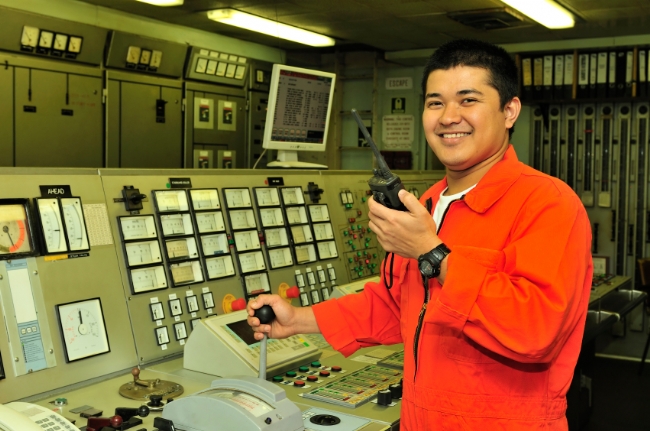Changing Course
Share this blog
Latest Maritime Vacancies
Shipping Paralegal – London
Claims & Insurance Manager (Part-time) – London
Global HR Director – Europe
Operational and Commercial Pricing Analyst- London
Insurance Executive – Singapore
British seafarers – food for thought in run-up to election

We recently read a piece of research* carried out for the Maritime Charities Funding Group by the Institute of Public Care. Based on data gathered in 2013, it is clear that the number of UK seafarers will continue to fall in the next five years.
In 2011, the British government issued a report** that stated “a lack of trained UK seafarers will result in a reduction in UK ex-seafarers available to the maritime cluster, reducing its competitiveness over time. Logically, on this basis, there appears to be a continuing rationale for a policy intervention to support maritime training.”
We thought we’d pen this little piece given the forthcoming elections in the UK in the hope that whoever ends up in power continues to support and possibly even extend the SmaRT funding scheme for trainee seafarers.
British seafarer numbers are guaranteed to decline due to the age demographic. Over 60% of British seafarers are aged 40 or over. More than 4,200 deck and engine officers are aged 50 to 60 whereas each of the decade age groups below that comprise between around 2,500. Not even accounting for wastage as people come ashore or leave the industry, declining numbers cannot be avoided.
This is not one of those calls to send us all out to schools to attract youngsters into seagoing careers. According to those who are in the know, there are actually plenty of applications for the training places currently available and despite rumours to the contrary, we hear that most newly qualified British seafarers can actually find jobs at sea. (True or false? We’d love to hear your experiences if you’re one of them.)
We’d simply like to point out to UK politicians that British seafarers, whilst not appearing to be at threat of distinction, are indeed a declining breed and the next generation needs to be funded, supported and encouraged to stay in the industry.
So, yes, the British Government was right in 2011 when its report recognised that the competitiveness of the UK maritime cluster will be harmed if there is not policy intervention to support maritime training. Similarly, it will be harmed if UK shipping employers are unable to get visas for non-European seafarers they wish to employ in jobs ashore because there are not enough British and European seafarers out there. Thorny topic though immigration may be, ex seafarers needed in the UK are going to have to come from somewhere. Let’s encourage as many British youngsters to go to sea as possible, but let’s also be realistic and welcome foreign talent as British talent is welcomed elsewhere. Otherwise, other shipping hubs such as Singapore will indeed leave London and the UK lagging further and further behind. (Note to self: be careful when climbing down from soapbox.)
* http://www.seafarers-uk.org/wp-content/uploads/2015/02/UK-Seafarers-Demographic-Profile-11-Feb-2015.pdf
** https://www.gov.uk/government/uploads/system/uploads/attachment_data/file/3540/economic-requirement-report.pdf